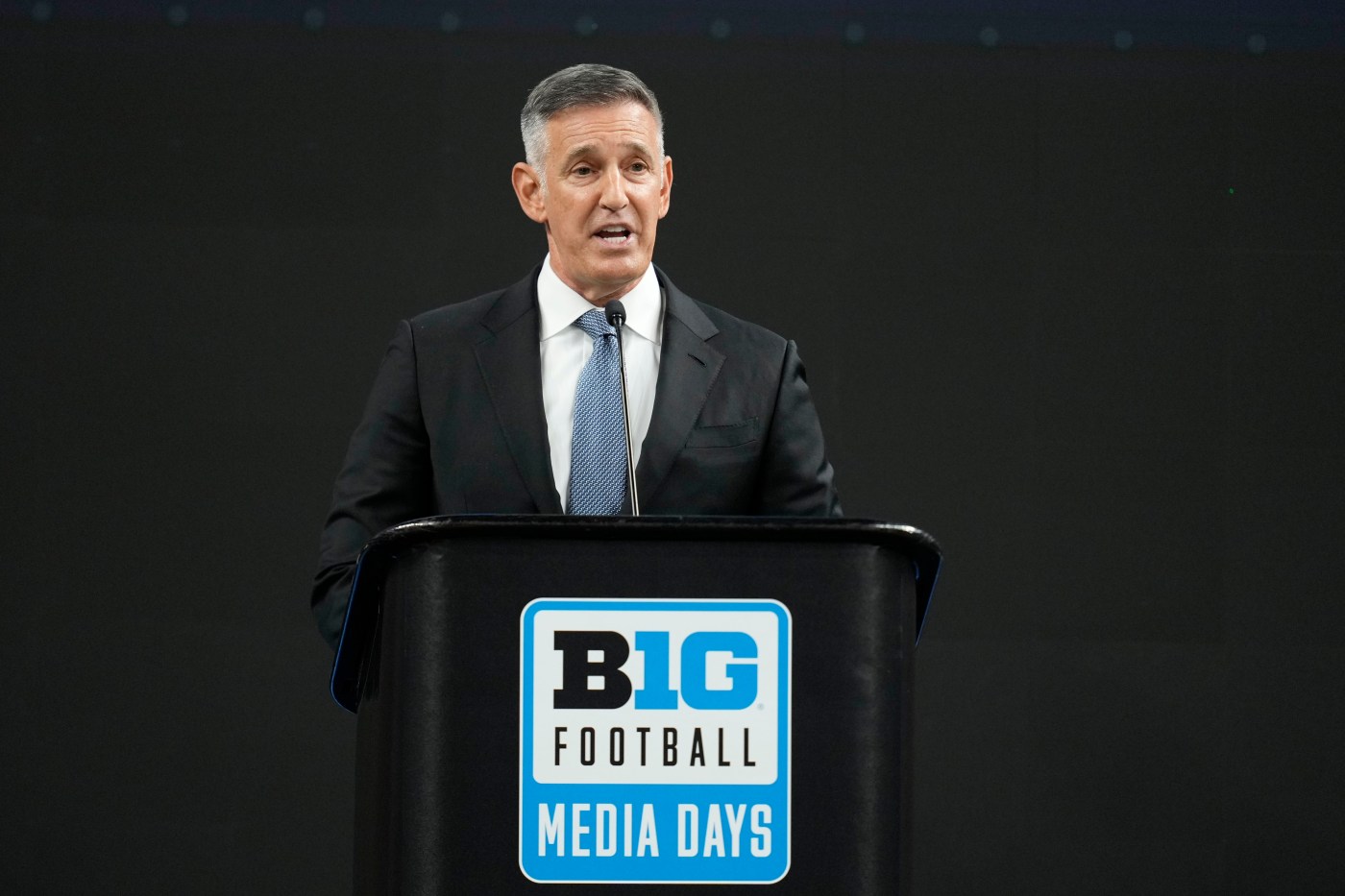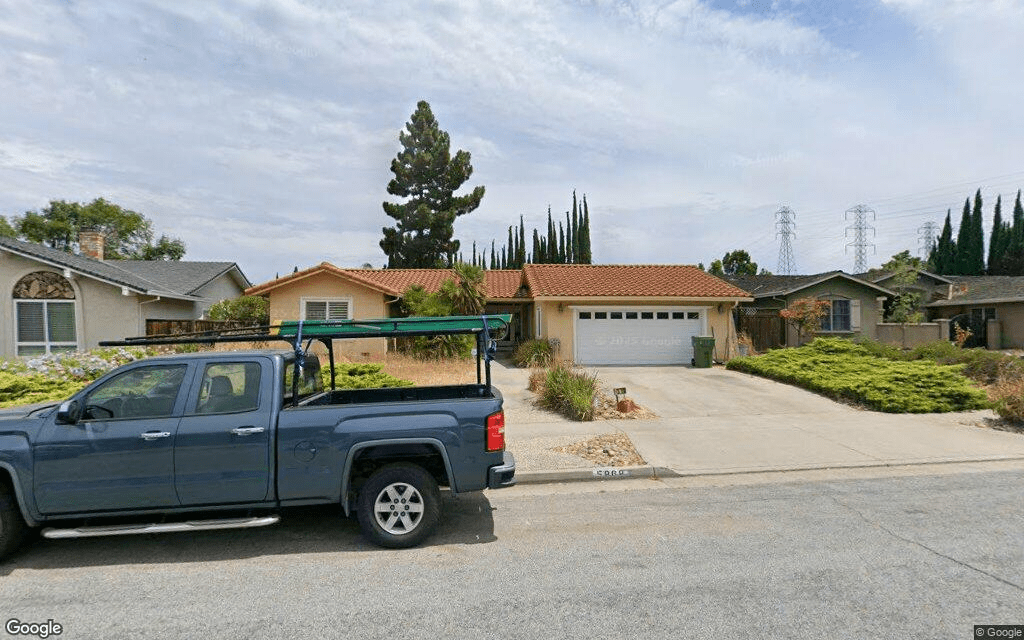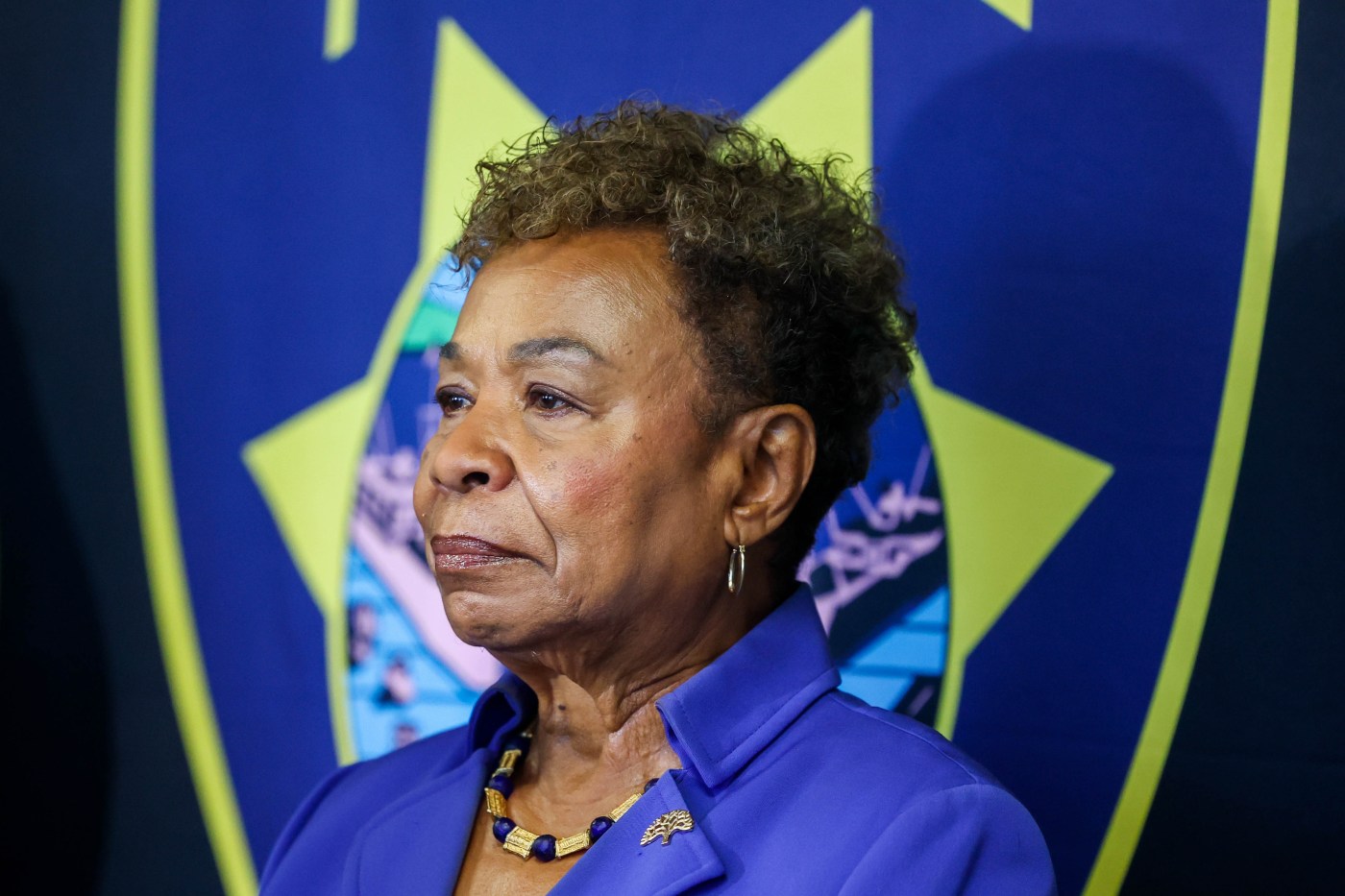The Big Ten is fast approaching decision day, when the 18 university presidents must approve or reject a groundbreaking financial arrangement with an outside investor that would provide financial stability and long-term security.
In exchange, the conference would relinquish a piece of its soul. Err, sorry — its soul would remain intact (in theory), but the Big Ten would relinquish an ownership stake in a newly created for-profit entity.
For those unfamiliar, there are four primary elements, per published reports.
— An infusion of $2.4 billion from the investment arm of the University of California system, which would receive a 10 percent ownership stake in the Big Ten’s revenue-generation arm. Each school would have immediate access to more than $100 million, which could be used to cover debt service (on facilities) or assist with revenue-sharing or other costs. Some schools might even use the cash to help grow their revenues.
— The deal would establish revenue tiers within the Big Ten on multiple levels: Initial cash payments from the $2.4 billion infusion would be based on brand value, plus performance-based annual distributions. (Ohio State, Michigan and Penn State would be on the top tier for initial cash payments, according to a source, with USC and Oregon on the second tier and everyone else on the third.)
— An extension of the grant-of-rights agreement (GOR), which binds the 18 universities to the Big Ten. The current GOR expires in 2036. Under the terms of the private capital deal, the schools would extend the GOR until 2046, meaning Ohio State and Michigan (and others) could not leave for a super league.
— The conference would create a commercial arm, called Big Ten Enterprises (BTE), responsible for revenue generation (media rights, sponsorships, etc.) The presidents would oversee BTE, which would be divided into 20 shares worth 5 percent each. Every school would receive 5 percent of the revenue, as would the conference office and the investing firm.
Each of the components has benefits and drawbacks.
The cash would relieve pressure created by the $20.5 million in revenue sharing — a line-item expense for the schools.
But how would UC Investments be repaid? Are the schools mortgaging their future to cover present-day expenses? Would the creation of a commercial arm impact the tax-exempt status that the Big Ten athletic departments currently enjoy?
Those are just a few of the unanswered questions.
The 20-year extension of the GOR carries a double edge, as well. Sure, security is nice — if you’re Purdue and Rutgers. But why would Michigan, Ohio State, Penn State and USC bind themselves to the conference for the equivalent of three lifetimes in college sports?
The private capital deal doesn’t impact each school the same way. That’s true even of the Big Ten’s West Coast members.
Borrowing money to cover expenses is hardly an ideal approach. But Washington doesn’t have easy answers. In fact, the Huskies face arguably the most challenging financial picture.
Unlike USC and UCLA, both Washington and Oregon receive half shares of the Big Ten’s annual media rights for the five remaining years of the current deal with Fox, CBS and NBC.
But unlike Oregon, the Huskies don’t have an equivalent of Phil Knight.
Washington’s combination of half-share status and debt service payments (for the Husky Stadium renovation) — plus the $20.5 million line item for revenue sharing — creates a triple whammy that either doesn’t exist for the other West Coast schools or cannot be offset with philanthropy.
(Oregon’s athletic department balances its budget each year without campus support, whereas Washington relies on roughly $10 million from campus, and UCLA athletics took a $30 million assist last year. USC’s finances are private.)
So, yes: The cash infusion will relieve fiscal stress.
But Washington’s motivation for approving the deal is based as much on the security it provides as the dollars it injects.
If the Big Ten doesn’t extend the grant-of-rights agreement, two dates become immediately relevant:
Related Articles
Bowl projections: How Oregon could need CFP help from Washington and USC
Big 12 power rankings: BYU, Cincinnati and Utah rise as Arizona State slips
Big Ten power rankings: Ohio State, Indiana on top; UCLA opens coach hunt
Pac-12 rankings: Oregon State fires Trent Bray; Boise St, Wazzu on top
Saturday Night Five: Oregon tumbles, USC rises, UCLA rolls and the Big Ten goes off the rails
— 2030, when the Big Ten’s media deal with Fox, NBC and CBS expires and the cost for schools to exit the ACC plunges. That combination could lead to the next realignment wave and, perhaps, a major restructuring of the sport.
— 2036, when the Big Ten’s current grant-of-rights expires.
Either instance could lead to disruption that places the Huskies in a less advantageous position than they would experience if the Big Ten stayed intact until 2046.
For the Huskies, the private capital deal offers intermediate-term financial relief and long-term security.
Does that mean it would be a sweet deal for UW specifically and the Big Ten generally? Not necessarily.
At least two schools, Michigan and USC, have reservations, according to a source. Whether they ultimately stand in the way should be clear by the end of the month, if not sooner.
But this much is sure: If the Big Ten sells an ownership stake to an outside investment firm, there is no going back.
“They will have no choice but to keep selling and selling and selling,” another source said. “The presidents would be tying the hands of their successors for years to come because they need more money now.”
*** Send suggestions, comments and tips (confidentiality guaranteed) to [email protected] or call 408-920-5716
*** Follow me on the social media platform X: @WilnerHotline





